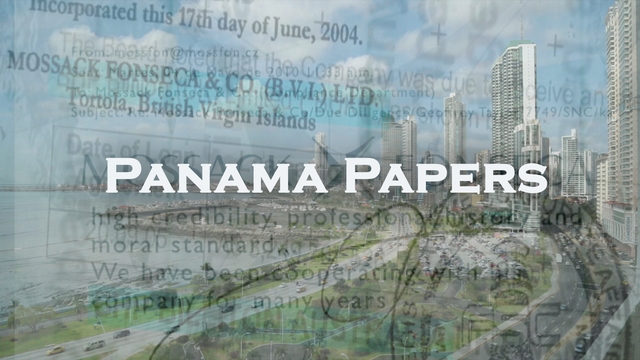The Panama Papers
 Top secret deals in Panama allows the rich to build vast banks of hidden wealth. Kings, criminals, presidents and prime ministers have been outed for dodging the rules and having assets stashed in tax havens abroad.
Top secret deals in Panama allows the rich to build vast banks of hidden wealth. Kings, criminals, presidents and prime ministers have been outed for dodging the rules and having assets stashed in tax havens abroad.
In the biggest ever leak of such information, 11.5 million documents handed over to a German newspaper last year reveal in graphic detail how shady Panama City law firm Mossack Fonseca set up more than 200,000 companies and trusts to form a vast network that hides the financial affairs of politicians, oligarchs and criminals. "What we're looking at here is really a parallel universe, where people can go to play and avoid the rules in their own countries", says Gerard Ryle of the International Consortium of Investigative Journalists. "People have realised that they are the people getting ripped off here", said Australian Senator Sam Dastyari. In times of global austerity, the unprecedented expose about a secret world of money-making, where the rules don't apply to the rich, is politically explosive. Though Mossack Fonseca has never been charged with criminal wrongdoing, "people are angry. People have had enough", says Dastyari, that the system allows the rich to dodge the rules everyone else must live by. In the wake of WikiLeaks, the Panama revelation has fueled beliefs that shining a public spotlight on this illicit financial underworld is the only way to achieve a fairer system.
FULL SYNOPSIS



